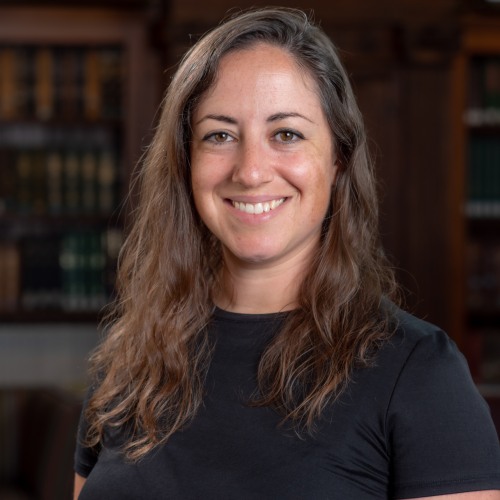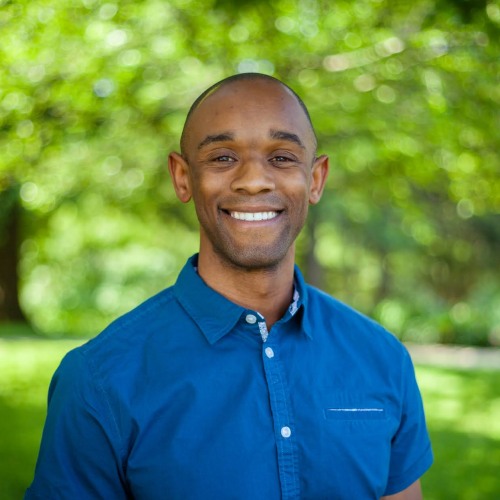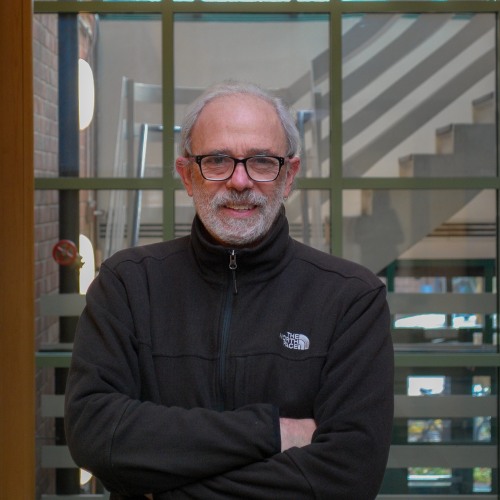We investigate the elemental and isotopic composition of geological and biological materials to address a wide variety of environmental and geological problems. Research topics vary widely, and include the development of new biomarker and isotopic methods to reconstruct the Earth’s climate, geochemical and isotopic reconstructions of the Earth’s carbon and water cycles, isotopic investigations of atmospheric pollution and the nitrogen cycle, geochronological studies of tectonic processes, events, and weathering, and the kinetics of elements and isotope exchange in fluid systems. Through these studies, we develop novel methods to assess biogeochemical, climatic, and lithospheric processes on Earth and other planetary bodies.
Geochemistry
Using analyses, experiments, and observations of aerosols, minerals, organic compounds, and waters to understand biogeochemical cycles, climates, and igneous and tectonic processes on Earth and other planets.
Geochemistry
Using analyses, experiments, and observations of aerosols, minerals, organic compounds, and waters to understand biogeochemical cycles, climates, and igneous and tectonic processes on Earth and other planets.
Research Highlight
Wildfires and Climate Change in Tropical Mountains
In 2012, after a period of prolonged warmth, a devastating fire broke out in the Rwenzori Mountains National Park, located on the border of Uganda and the Democratic Republic of the Congo. Soon afterward, seasonal rains led to damaging floods which damaged infrastructure and led to several deaths in communities at the base of the mountains. The fire of 2012 broke the previously held assumption that high-elevation fire was improbable due to the consistent cold and wet conditions of the mountains. The unique biodiversity of these mountains makes them incredibly important; they are also recognized as a UNESCO World Heritage site. Yet high tropical mountains such as the Rwenzori are highly vulnerable to effects of climate change.
Researchers at Brown led by Professor James Russell are studying past warm periods in high tropical mountains like the Rwenzori to understand the impact of climate change on mountain fire regimes.

Russell and his team are investigating a recent period 5,000 years ago when these mountains experienced sustained warmth. Better understanding of this time period will help answer questions about the present and future of high tropical mountains in a world experiencing rapid warming. Understanding the impact of warming in this area will help inform future policy and land management. Investigating whether wildfires increased in this region during recent periods of sustained warmth, and the repercussions of this, would help answer questions about future frequency of wildfires and inform present-day fire-management. This is particularly important in the Rwenzori Mountains, as they are home to unique and endemic species that must be conserved.
“We are trying to use the most recent warm period in time in the past as analogue for the future.” – Professor James Russell
This project is an interdisciplinary effort with collaborators from Makerere University in Uganda, Pennsylvania State University, Dartmouth College,Trinity College Dublin, and the Uganda Wildlife Authority. The researchers are collecting a diverse set of data, including biomarkers and pollen from sediment core records, as well as glacial moraine ages.
“The interesting things about this project is the different modalities we are using to piece together a more well-rounded framework to understand climate and ecosystem change." –Andrea Mason
Geochemistry News
Postdoctoral Spotlight: Olivia Anderson
Limited Headwater CO2 Emissions Relative to Downstream C Fluxes: Insights From a Tracer-Enabled Reactive Transport Model
Uranium Addition and Loss in Serpentinites: The Potential Role of Iron Oxides
Faculty
-

Steven Clemens
Professor (Research) -

Kim Cobb
Director of the Institute at Brown for Environment and Society, Professor -

Emily H. G. Cooperdock
Assistant Professor -

James W. Dottin III
Assistant Professor -

Meredith Hastings
George Ide Chase Professor of Physical Sciences, Chair -

Tim Herbert
Professor -

Yongsong Huang
Professor -

Daniel Ibarra
Manning Assistant Professor of Earth, Environmental, and Planetary Sciences and Environment and Society -

Yan Liang
Professor -

Stephen Parman
Professor -

James Russell
Senior Associate Dean of Dean of the Faculty, Professor -

Alberto Saal
Professor
